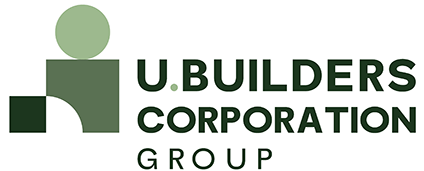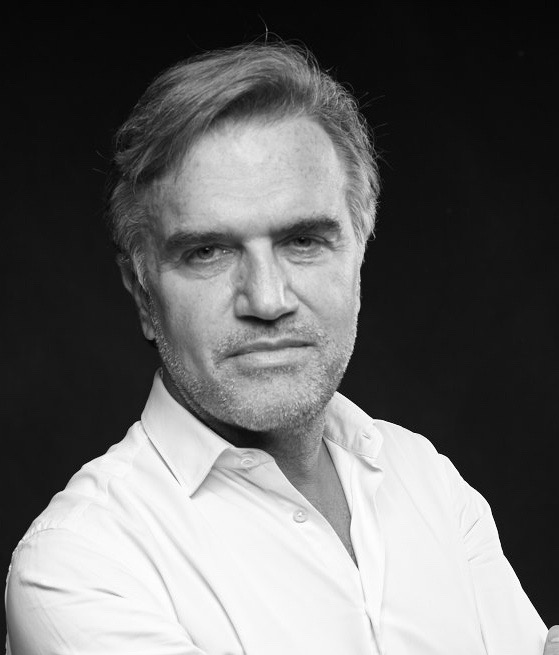Management will never have evolved as much as in recent years, recent months, recent weeks. In 2019 we talked a lot about the management of generations Z, their expectations, different from those of generations Y or cultures, religions, and even ages. And then came the time of the crisis, unanticipated, unforeseen, simply unseen with entire generations of managers pushed against the wall, helpless, lost, no more benchmarks, no more concepts, no more theories because none had considered this scenario. And now all generations all beyond the health pandemic, a media-political pandemic which only makes a situation that is already too complex to understand a little more complex.
So the management in all this? adaptation, evolution, progression, and why not revolution? Adaptation because moving from a working mode of “all on one site” to “teleworking” is not easy, what about motivation, training, but also control? evolution because this famous control can no longer be exercised as before, we must adapt, delegate, trust, establish new rules, use digital wisely to withstand the shock when physical contact is no longer possible, progress for all managers and employees because there is a training imperative to follow, adapt, continue, be able to switch from the real world to the virtual in order to be able to continue to perform and find a balance in a world and societies that lost theirs, in the end a real revolution.
Revolution because we know that the health crisis could last and therefore we will have to adapt, to start again since now we have become aware of our vulnerability, that the things, the processes, the major theories learned or not at school or on the pile had just been shattered, that artificial intelligence could not save us, That the workplace was becoming multiple, from home to the company, and that within it itself we would have to adapt, rethink it, reorganize it. Put the individual back at the center, offer them new working conditions, expression, balance so that they find themselves, so that the transition from working at home to returning to the company takes place with serenity.
We will therefore have to rethink everything: methods, places, actions, reactions and communication. Because yes, management will have to communicate and better, will have to inform, reassure, convey the messages on which the pandemic political mediation has unfortunately failed. Management will have to become close again, the old models have expired, thinking of putting them back in place would be a mistake. It will take collective action, humility, humanity. It will take listening, understanding, empathy, charisma. We will have to move on to post-covid management so that societies restart, become citizens, commit over time and to the city, offer everyone flexibility, a vision, commitments. , a future. Management before Covid has lived, it is not the time for collapsology but that of a new beginning, if this could put the individual back at the center then we will all come out stronger otherwise we will not have learned the lesson that a small virus can completely destroy our models in just a few months.




